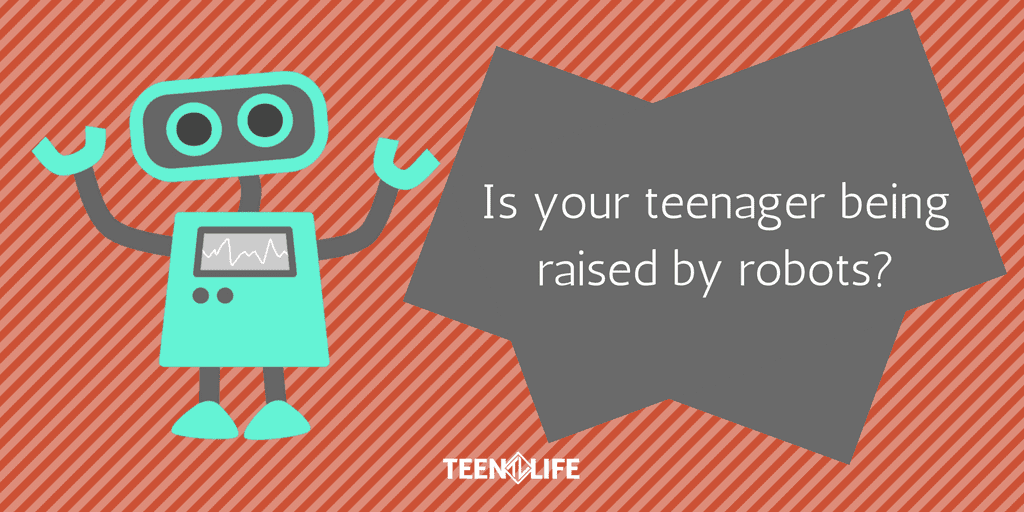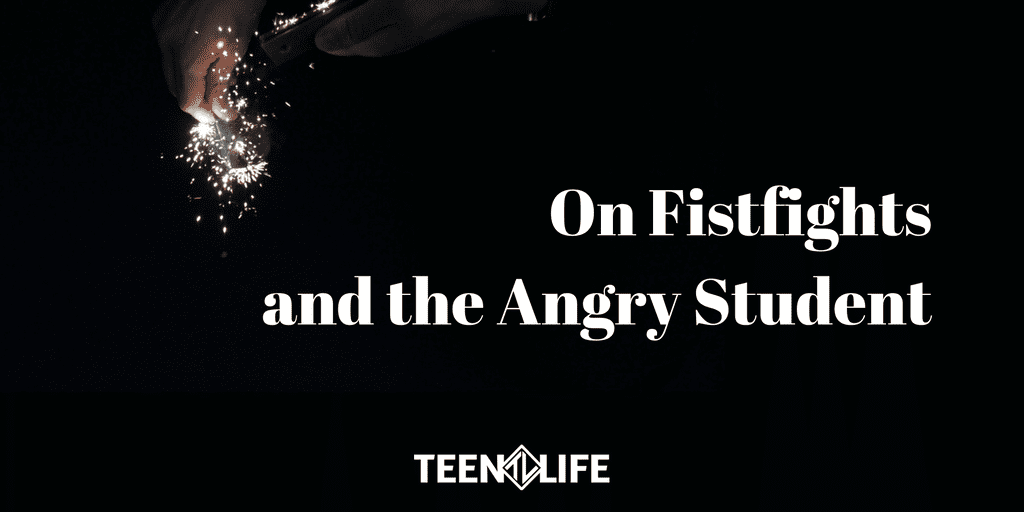
You Are What You Eat
It’s that time of year. For a majority of my adult life, late December brings on loads of ambition. This will be the year. I’m gonna lose weight, get in better shape, read some more books, and in general – dominate life. We all feel it, right?
Gym membership deals are flooding our mailbox while visions of what could be possible flood our imaginations. Maybe this is the year we will get out of debt. What if I actually got my act together on all of the things I have neglected to this point?
We all love the opportunity to start over. This is the great part of living in a free society – we get to choose our direction. If we want to be successful, generally with the right tools and support, we can do so. If we want to be a drain on society, there is an option to do that as well!
This is the time of year where making good choices seems not only possible, but likely. We are filled with a sense of hope and optimism that next year could be better than the last.
But it all starts somewhere, and it does begin with a choice. The older I get, I’m realizing it is all about consumption. We are consumers, and live as such. As consumers, we consume. There is no way around consumption – it is part of being human.
Let me give you an example. Back in my younger days, I would listen to political talk radio when I would drive. I would drive a lot as a part of my job, so I would spend hours listening to radio hosts talk passionately (and angrily) about their political viewpoint. For me, the angrier the better. At that time in my life, I thought if the person was more passionate and loud about a topic, they could be trusted.
But I started to notice a few things. First of all, these hosts would talk about people with opposing viewpoints with flippancy and disrespect. They would use insults and call people names. I remember thinking one day that I would never let my children talk about someone that way. So, why was I justified to listen?
More importantly, I realized how I felt after listening to these radio shows. I felt angry and distrustful of everyone. My worldview felt narrow and uninformed. In short, I didn’t like how I felt about myself or the world after consuming these programs.
The same could be said of watching cable news or surfing political websites. I just didn’t like how I felt after I would do those things.
So, I stopped. I can’t recall if it was cold turkey, but I don’t do that anymore. And guess what? Things changed. I started being more selective about what I listened to and watched as it pertained to political and social commentary. I started seeing a more hopeful and meaningful world ahead of me. I found out that people do not exist in worlds of black and white but of layered nuance.
Simply put, I changed what I consumed and things were better. We are what we eat, folks – whether it is food, social media, television, movies, all of it. And, I am coming to believe it starts there.
I could start running 5 times a week and not loose a pound if I don’t change what I eat. It all starts with what we consume.
So, as this time of hopefulness and motivation is upon us, let us focus on our choices and what we consume. Here are a few things to think about:
- How do you feel after you consume things like social media, entertainment, digital devices, food, etc?
- How defensive are you about these things when confronted?
- How hard do you think it would be to quit one of these things cold turkey?
Any strong feelings or emotions around any of these three questions lets you know there might be something to explore. Trust me, there is something to it.
Find a friend, make a plan, pray, and get to consuming something else. Our life could change for the better if we had the courage to consume better.





